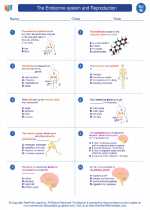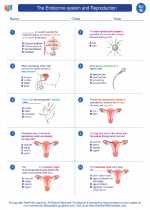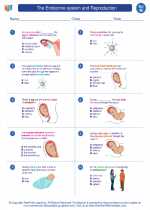Triglycerides
Triglycerides are a type of fat found in your blood. When you eat, your body converts any calories it doesn't need to use right away into triglycerides. The triglycerides are stored in your fat cells. Later, hormones release triglycerides for energy between meals.
Structure of Triglycerides
Triglycerides are made up of three fatty acids attached to a glycerol molecule. The structure is often represented as:

Function of Triglycerides
Triglycerides play a crucial role in providing energy to the body's cells. They also act as a form of insulation, helping to keep the body warm. Additionally, they serve as a cushion for organs and as a storage form of energy.
Role in Health
While triglycerides are essential for normal body function, high levels of triglycerides in the blood can increase the risk of heart disease. It's important to maintain a healthy level of triglycerides through a balanced diet and regular exercise.
Study Guide
- What are triglycerides?
- Describe the structure of triglycerides.
- What are the functions of triglycerides in the body?
- What role do triglycerides play in maintaining health?
- How can one maintain a healthy level of triglycerides?
By understanding the structure and function of triglycerides, you can appreciate their importance in the body and learn to make informed choices to maintain a healthy balance.
.◂Science Worksheets and Study Guides Eighth Grade. The Endocrine system and Reproduction

 Worksheet/Answer key
Worksheet/Answer key
 Worksheet/Answer key
Worksheet/Answer key
 Worksheet/Answer key
Worksheet/Answer key
 Vocabulary/Answer key
Vocabulary/Answer key
 Vocabulary/Answer key
Vocabulary/Answer key
 Vocabulary/Answer key
Vocabulary/Answer key
 Vocabulary/Answer key
Vocabulary/Answer key
 Vocabulary/Answer key
Vocabulary/Answer key
